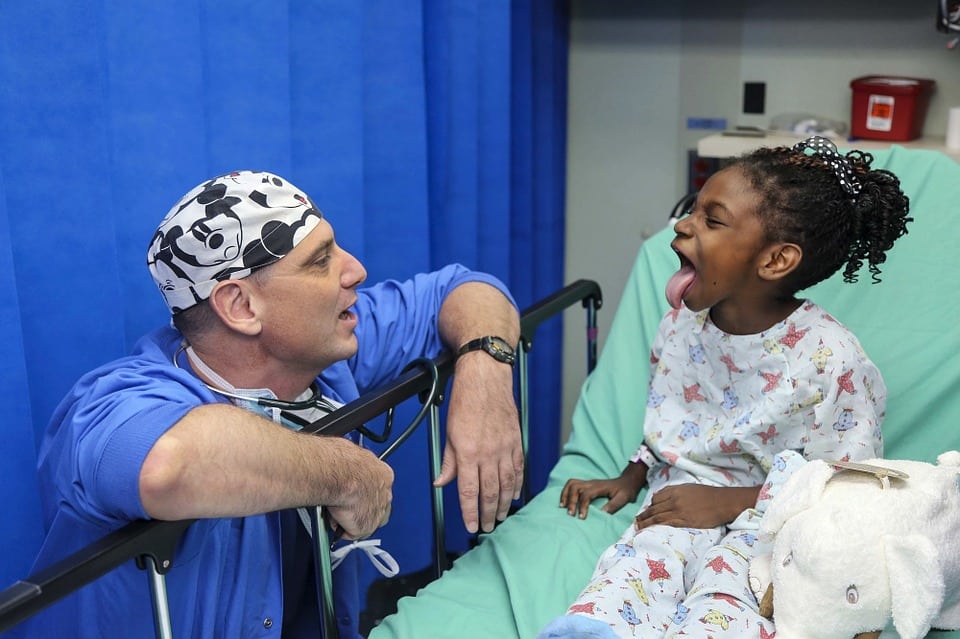According to a story from Newswise, researchers at the University of Texas Southwestern Medical Center are reporting the a new drug developed for the treatment of rare, pediatric cancers, has demonstrated an impressive 93 percent response rate in testing. The medication has a unique mechanism of action that targets a fused gene that is present in multiple different types of cancer. The treatment has received breakthrough therapy designation from the FDA.
The treatment is called larotrectinib, and it is distinct from many other cancer treatments because it was designed from the outset to treat a variety of rare cancers. Many types of cancer rely on the fusion of the TRK gene to another gene, which is often the primary cause of the unregulated, rapid cell growth that is found in these rare cancers. The drug blocks the activity of TRK receptors. The TRK gene fusion is actually not a common phenomenon in many of the cancers that commonly affect adults, but it is far more prevalent in rare pediatric cancers, such as papillary thyroid cancer, cellular congenital mesoblastic nephroma, and infantile fibrosarcoma.
The researchers are understandably excited about the 93 percent response rate, which substantially exceeded the expectations of the scientists. The phase I trials may very well have saved the lives of some of its participants and a separate study with adult patients showed a 75 percent response rate, which is still fairly good for a new cancer drug. In the child cancer study, larotrectinib also demonstrated that it was safe for use; none of the participants had to quit the study because of severe side effects. This is partially because of the targeted, selective mechanism of the drug.







